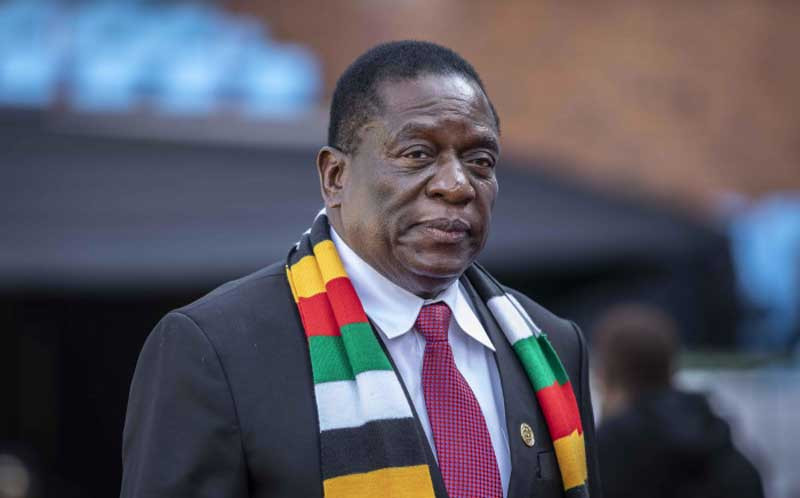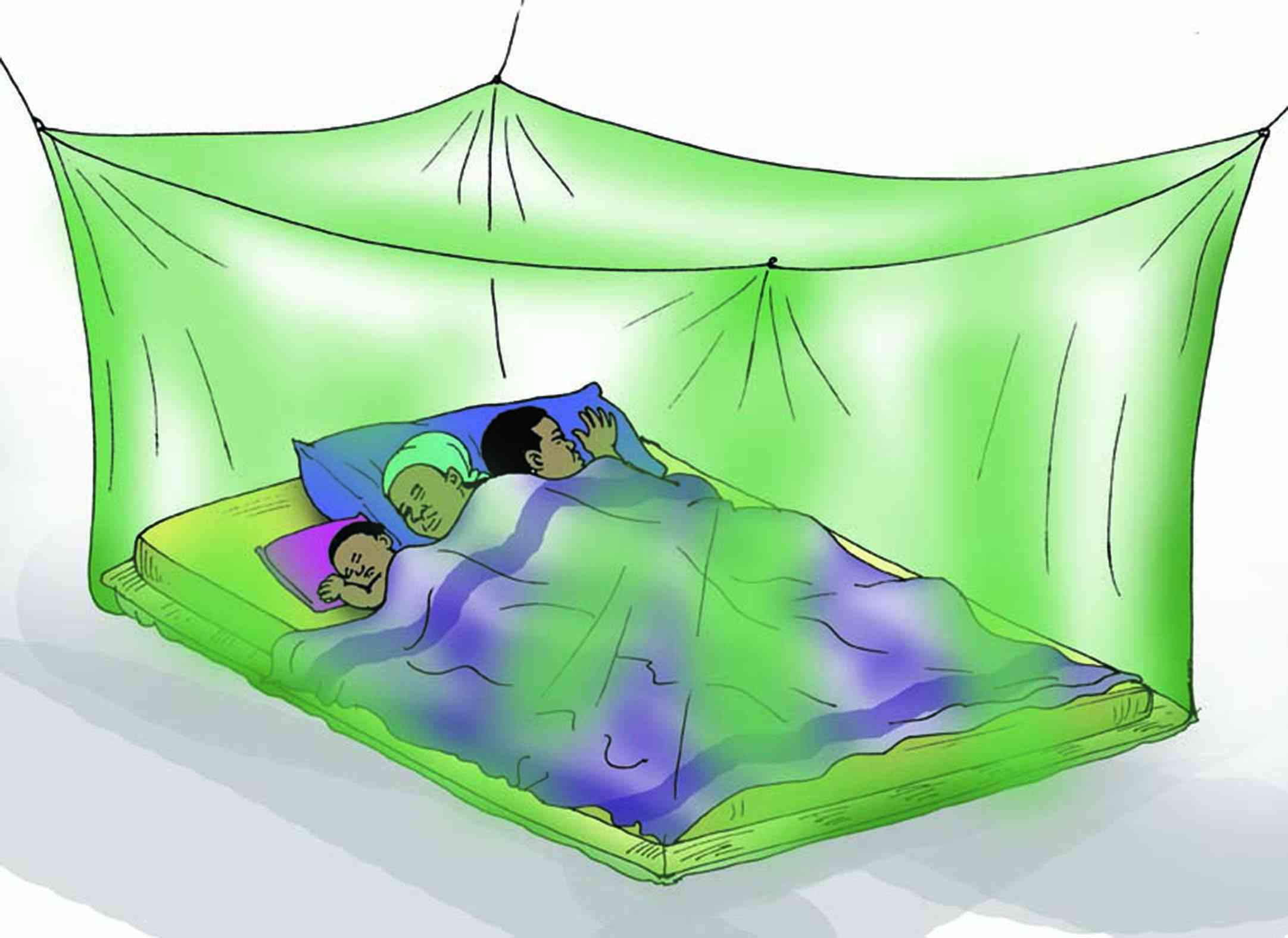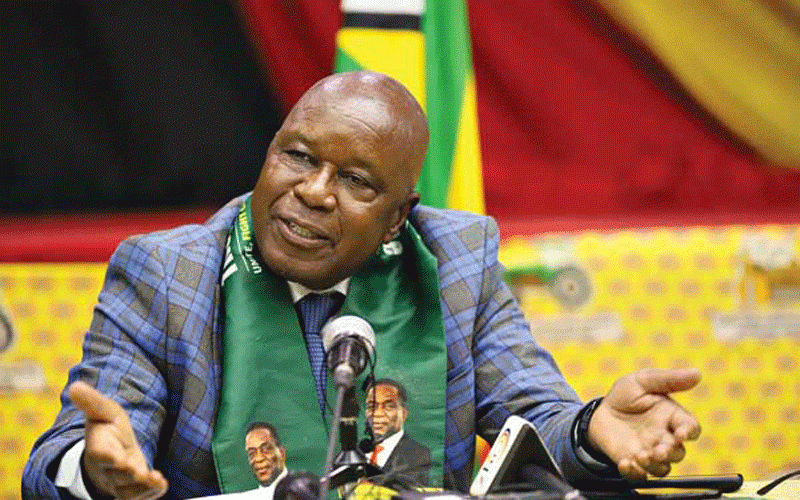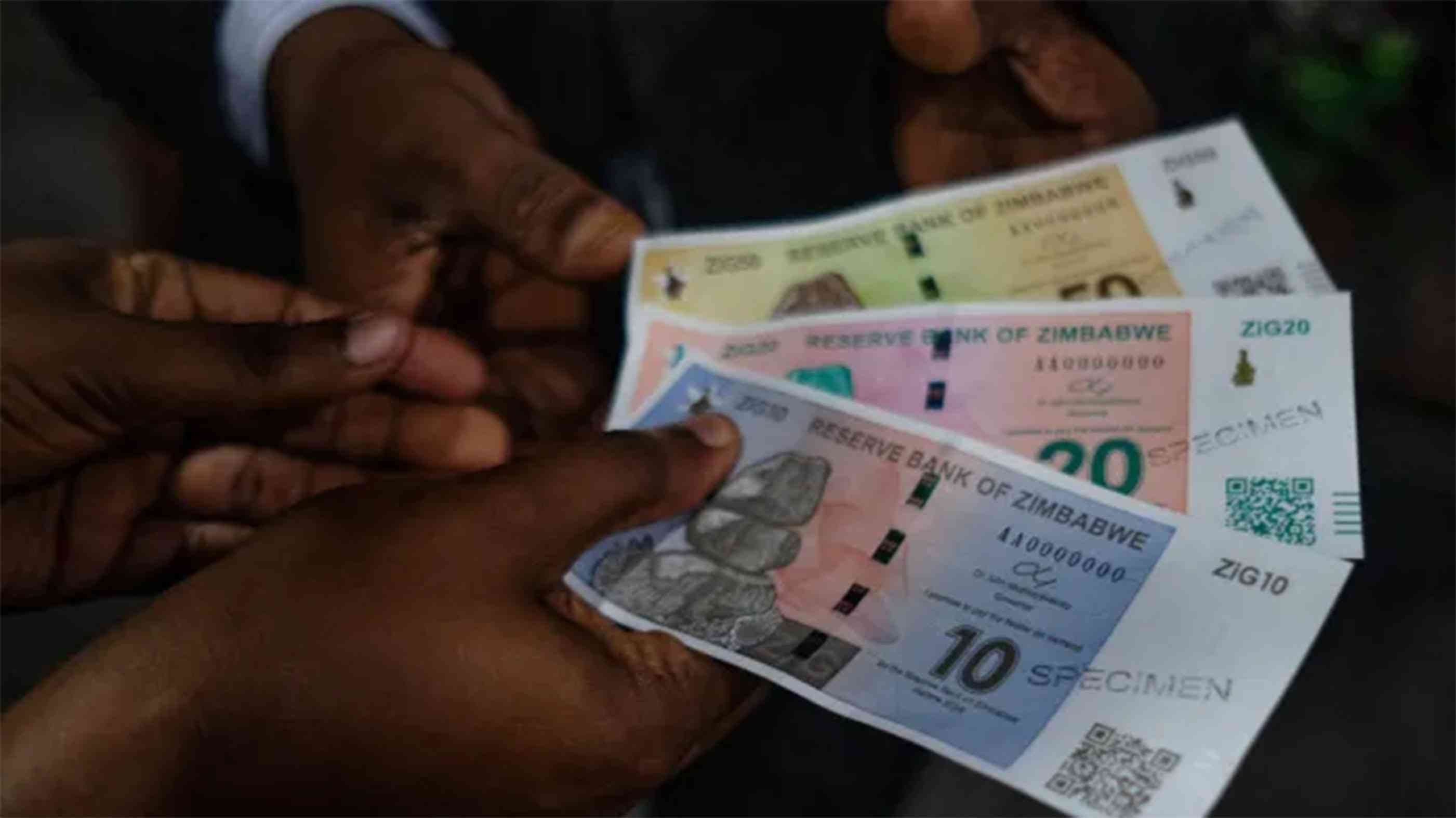
It is a case of history that every nation that undergoes oppression is destroyed or harmed through the process and after liberation it requires reconstruction. Zimbabwe is an example . It has seen oppression since the coming of colonisation and also even during the successive Zanu PF governments.
Let’s establish a few things
Zimbabwe is a dictatorship and has never seen a moment of democratic government since the attainment of independence. This is also marked as a failure of the liberation leaders.
What happened after independence
Just like Vladimir Lenin , Kwame Nkrumah and Robert Mugabe failed to create a new liberated society in Africa. Rather they resurrected and re- engineered the colonial state that framed conditions of terror and harvest of fear as basis for governance and politics.
Robert Mugabe brought back the colonial state through maintaining its relics in the form of curfew laws , Access of Information and Protection of Privacy Act (Aippa) and Public Order and Security Act (Posa) and Gukurahundi. He also oppressed his own people. The second republic has also done the same through illegally detaining activists and members of parliament.
So, the critical idea of transforming our society after winning Zimbabwe through democratic elections is to reconstruct the nation and reconcile with the oppressed to forge a new social contract.
Dear reader, this article is neither a demonisation of status quo , nor is it a commissariat statement for any political formation. It is but just an objective assessment of the political trajectory of this country.
- Mavhunga puts DeMbare into Chibuku quarterfinals
- Bulls to charge into Zimbabwe gold stocks
- Ndiraya concerned as goals dry up
- Letters: How solar power is transforming African farms
Keep Reading
The successive administrations of Zanu PF in their governance under President Emmerson Mnangagwa and Mugabe have both pursued the logic of a one-party state, which manifests in dictatorial tendencies that close the democratic space and repress the masses through human rights violations.
For example, the unmentioned “banning” of opposition, the censorship and concentration of media state capture at the hand of cadreship deployment, which rather focuses on loyalty to the party than competence. All these practices have destroyed Zimbabwe as a society as they muzzle the public and close doors for debate, consequently resulting in the failure of an egalitarian society. The questions of accountability and equity are never addressed.
The entrenchment of dictatorship in our political economy socialises the concept into social systems. When human beings are experience something for two long it becomes normal to them and eventually it influences their behaviour. In this case even opposition and critical institutions in our country start to mirror the tyrannical form of leadership systemised by Zanu PF.
Out of all that, a political culture of terror and harvest fear is entrenched such that people differ their right to freedom of speech and participation. This leaves no one to hold leaders accountable. The social contract is broken.
The fear and pain of suffering created hate and polarisation. Those with memories of the past acts of Gukurahundi, Murambatsvina and August 1 definitely sow seeds of hatred and division. Society is further destroyed and plunged into a state of conflict and antagonism.
To add on, neoliberal authoritarianism systems of government put in place through policies of austerity and unjust taxation have widened the inequality gap between the rich and the poor. An elite class benefiting thereof oppressed the peasants and poor who are disenfranchised. The growth of the economy is ruthless and only enjoyed by the elites.
Services like public health care and education are all too expensive and off doubtable quality to rely on. Teachers are striking year-in and year-out, the cost of living has skyrocketed to nearly US$1 000 while the tax burden continues to pile on the masses.
The massive debt accrued to sponsor government activities and compensate for corruption (corruption that is now a culture too and also sponsors oppression) further take away freedom of the poor majority, who are approximately 80%. This itself is an economic apartheid, a relic of the colonial state.
So, basing on the above, the veteran leaders of this country have failed to reconstruct a liberated society but rather re-engineered the colonial society of inequality and oppression.
Renewal and restructuring
It is nolonger a secret that incumbent leadership has failed to unlearn the practices of the oppressive past. Therefore, a leadership renewal is key and it should be done through democratic elections.
After renewal, reconciliation and restructuring are key. Dismantling the authoritarian state and setting up a new democratic system built on constitutionalism, rule of law and respect for human rights through repealing all oppressive laws like Aippa, Maintenance of Peace and Order Act (Mopa) and the recent Private Voluntary Organisations (PVO) law.
Religious, cultural democratisation
One thing that has destroyed our society is the aspect of religious imposition through declaring our country a Christian state. This has led to cultural censorship and rule by divine right, which are often oppressive to minorities. It also has led to demonisation of our culture and dehumanisation of our people, such that there is traditional disconnection with our history and indigenous social systems.
Hence, the new leadership has to declare our politics as secular as a way to dismantle a foreign yet a conservative system that has destroyed our society and subverted our freedom of conscience.
Decolonisation, curricula reframe
Our education system itself is embellished in colonial legacy. It is designed to create a competitive being who is programmed only to take orders and fear the authorities under a culture of elitism. It teaches us more to be like the white man .
Therefore, it has to be reshaped and reformed such that it socialises the importance of our indigenous identity, history and culture.
Children and youth should be given civic education inorder to create a generation of highly engaged people who lead an egalitarian society that strives to achieve equality and accountability.
Legitimacy, constitutional leadership
For every democratic trajectory to succeed, it ought to pass the legitimacy test and of cause be rested on consensus. This gives respect to the social contract and promotes peace and stability in a polity. Thus, it is also key to conduct free, fair and credible elections supported by the implementation of electoral reforms.
Zimbabwe has had a long history of disputed elections, which has affected the legitimacy of the incumbent negatively and led to the isolation of our country from community of nations.
Conclusively, any country that wishes to totally liberate itself from oppressive rule has to embark on a thorough process of reconstruction and reconfiguration of the social contract. This then can generate legitimacy, consensus , peace and stability, which are the fundamental pillars for development and progress.
Kanhenga is an intellectual and leader of the Zimbabwe Human Rights Monitor Platform.











